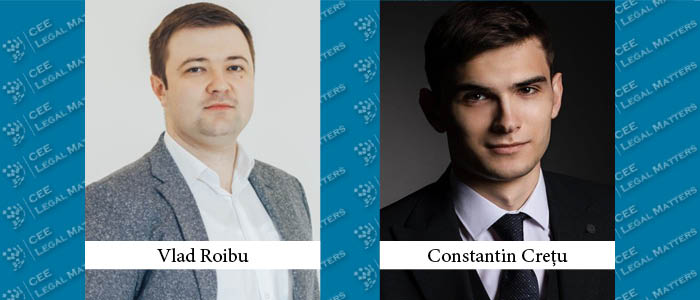One of the main recent buzzwords in Moldova is AML compliance at the convergence of securities and banking which strictly follows the recommendations of the report from the fifth evaluation round of the MONEYVAL Committee of the Council of Europe, in order to transpose the provisions of Directive 2018/843 of the European Parliament and of the Council of May 30, 2018, as well as updated provisions of the Financial Action Task Force Recommendations.
On July 1, 2023 entered into force the updated internal legislative framework in the field of preventing and combating money laundering by introducing, completing and clarifying the existing legal provisions on: beneficial owner; politically exposed persons (PEPs); virtual currency, virtual currency service provider activity, legal construction and providers of service for trusts, companies and other entities or legal constructions; application of precautionary measures regarding customers based on electronic identification; new subjects of AML compliance – bailiffs, authorized administrators, virtual currency providers and crowdfunding service providers; new methods of control – unannounced check and planned check.
Firstly, including the beneficial owner in AML compliance is essential, due to the reason that it helps to identify the individuals who ultimately own or control a legal entity or financial transaction and also, by understanding the beneficial owner, financial institutions and regulatory authorities can assess the risk associated with a particular transaction or relationship. Further, by subjecting PEPs to enhanced due diligence and monitoring, financial institutions can mitigate the risks associated with their involvement in illicit financial activities. As well, including fiduciaries as a subject to AML regulations is a pivotal point, as they must establish robust compliance programs to understand the source of funds and the purpose of financial transactions.
Secondly, including virtual currency and virtual currency provider activity in AML compliance is crucial due to the inherent characteristics of these digital assets. Accordingly, many regulatory and supervising authorities of other EU member states (e.g central banks and national agencies supervising the financial sector) do not recognize virtual currencies generated by “blockchain” technologies as a legitimate payment instrument, and the reason is that virtual currencies can be used for anonymous transactions, allowing individual to conceal their identities and move funds across borders without traditional banking oversight.
Furthermore, the new legal amendments enlarge customer precautions, resulting from the fact, that it is possible to identify and verify customers through electronic means, through the lens of the latest technical developments that would allow secure remote electronic identification. Also, a new requirement was introduced for document and information retention, necessary to comply with customer and beneficial owner safeguards, including, if available, information obtained through electronic identification means, relevant trust services or any other regulated secure, remote or electronic identification process, recognized, approved or accepted by the national authorities authorized by law, including copies of identification documents, archive of accounts and primary documents, business correspondence, results of analyses and research carried out regarding the identification of complex and unusual transactions, for a period of five years from the termination of business relationship or from the date of an occasional transaction.
The State Tax Service has a new competence to create, manage and update the Register of safe deposit boxes of individuals and legal entities. This competence was attributed due to the need for immediate access by the AML authority and other authorities to the information regarding the identity of the owners of the value boxes. Moreover, the reporting entities have the obligation to make a report of results of the evaluation in their own field of activity of the risks of money laundering and financing of terrorism, approved by the management person responsible for ensuring the compliance of policies and procedures with legal requirements regarding the prevention and combating of money laundering and terrorist financing within the reporting entity.
Naturally, the alignment of the Moldovan AML Compliance to the EU standards ensures the necessary premises for the inclusion of the Republic of Moldova in the single euro payments area, according to the criteria established by the European Payments Council.
By Vlad Roibu, Senior Associate, Constantin Cretu, Junior Associate, Gladei & Partners





















